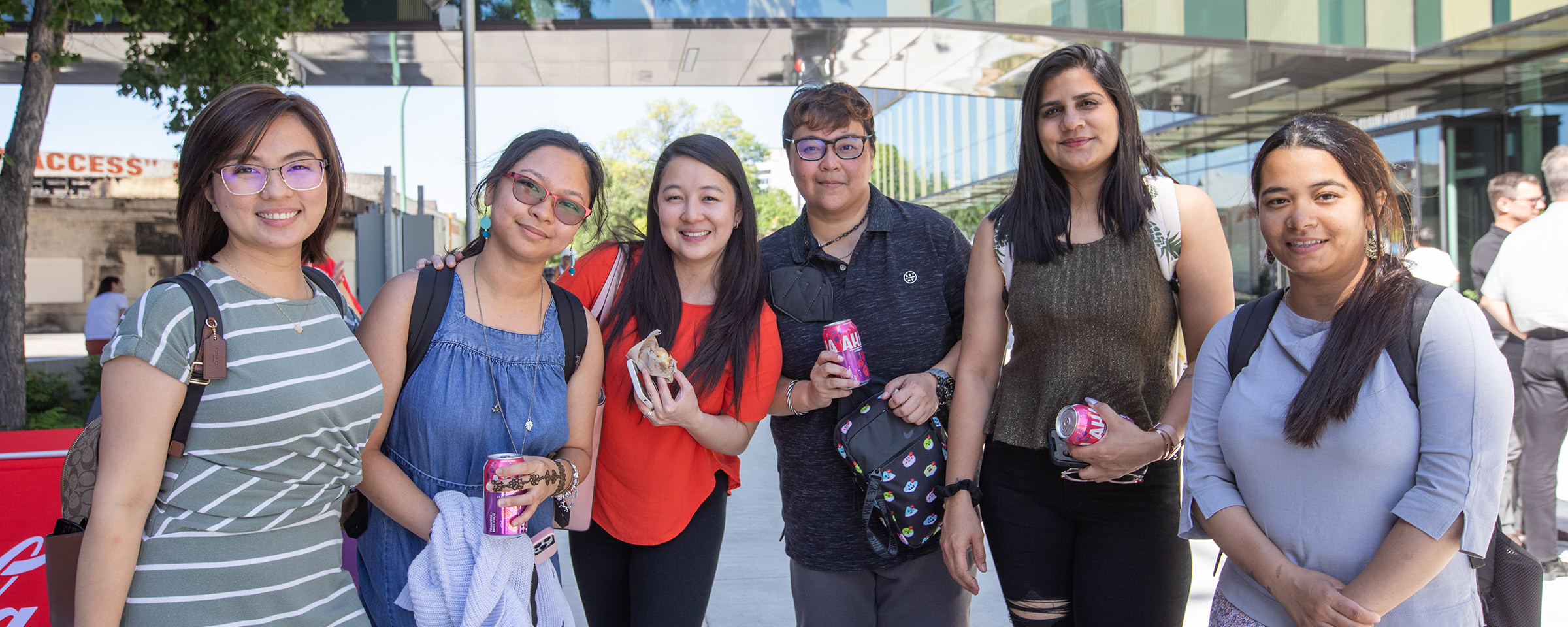Embedding Indigenous Histories in Newcomer Language Education at RRC Polytech
At RRC Polytech’s Centre for Newcomer Integration (CNI), language learning goes beyond grammar and vocabulary. It’s also about understanding the histories and cultures that shape life in Canada. That includes making space for Indigenous perspectives in the classroom.
In 2023, CNI led a research project supported by Immigration, Refugees and Citizenship Canada. Guided by RRC Polytech’s Knowledge Keepers Council, the project explored how Indigenous histories and perspectives are being taught in settlement language programs across Manitoba, and how those efforts can be strengthened.

CNI’s language training programs incorporate Indigenous content in ways that are appropriate to each learning level, from beginner to advanced. Early learners are introduced to the significance of Orange Shirt Day and the legacy of Louis Riel. As learners progress, they explore topics such as treaties, residential schools, and systemic barriers faced by Indigenous peoples. Health-related programs go further, discussing the social determinants of health and welcoming Elders into the classroom to share lived experiences.
This work supports Call to Action 93 from the Truth and Reconciliation Commission, which calls for newcomers to receive education that includes Indigenous history and culture. CNI collaborates with organizations such as Immigration Partnership Winnipeg and the Manitoba Association of Newcomer Serving Organizations to adapt resources like the Indigenous Orientation Toolkit for classroom use.
The final report noted that many instructors recognize the importance of including Indigenous content but want more training to do so effectively and respectfully. Professional development, curriculum support, and guidance from Elders help CNI staff integrate this work into their teaching in meaningful and appropriate ways.

The report also found that language classrooms offer a unique opportunity to challenge stereotypes and support reconciliation. Instructors often serve as early guides for newcomers navigating Canadian society. Creating space for respectful conversations about Indigenous histories helps foster understanding and encourages learners to reflect on their own relationships with land, history and community.
As National Indigenous Peoples Day is celebrated across the country, CNI reaffirms its commitment to this ongoing work. Embedding Indigenous perspectives in language education is one way we can contribute to reconciliation—one classroom at a time.
